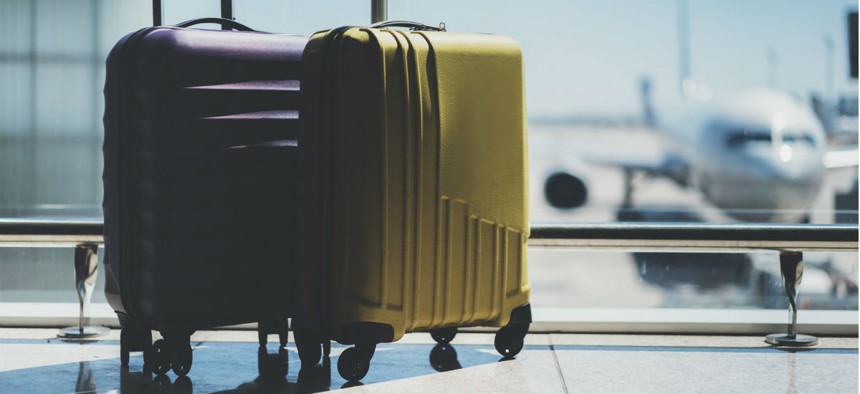Lawmakers Propose Restoring Defense Per Diem Rates
A bipartisan measure would repeal unpopular Pentagon restrictions adopted in 2014.
A bipartisan group of lawmakers introduced bills in both chambers of Congress last week that would restore per diem rates for Defense Department military and civilian employees on extended government travel.
The issue has been a sore spot for Defense personnel and members of Congress since the Pentagon first implemented the rate cuts in November 2014 as part of a larger effort to reduce travel costs.
The policy reduced long-term temporary duty travel reimbursement rates by 25 percent for travel between 31 and 180 days, and by 45 percent for travel longer than 180 days. The rates include lodging, meals and incidentals and vary by locality.
The governmentwide standard per diem rates in 2017 are $91 for lodging and $51 for meals and incidentals (a total of $142). Within the Defense Department, that means personnel on TDY from 31 to 180 days would receive a per diem rate of about $107 in most areas, while rates for those on assignments longer than 180 days fall to $78.
Lawmakers have twice attempted to roll back the rule. Last year’s National Defense Authorization Act included a provision allowing agency leaders and service secretaries to waive the rule for individuals if they deem the reduced per diem is not sufficient under the circumstances of the TDY assignment.
S.901, introduced by Sens. Mazie Hirono, D-Hawaii, and Mike Rounds, R-S.D., would repeal the 2014 rule for both civilian and military personnel altogether. Reps. Derek Kilmer, D-Wash., and Walter Jones, R-N.C., have introduced companion legislation in the House.
“Military members and Department of Defense civilians should not have to worry about potential financial burdens and red tape related to travel away from home,” Hirono said in a statement. “This commonsense legislation will continue to allow Department of Defense employees in Hawaii and around the world to do their jobs without jumping through unnecessary hoops.”
Rounds, in a statement, said, “It is but one small step we can take to improve the quality of life for the men and women who are selflessly defending our country.”








